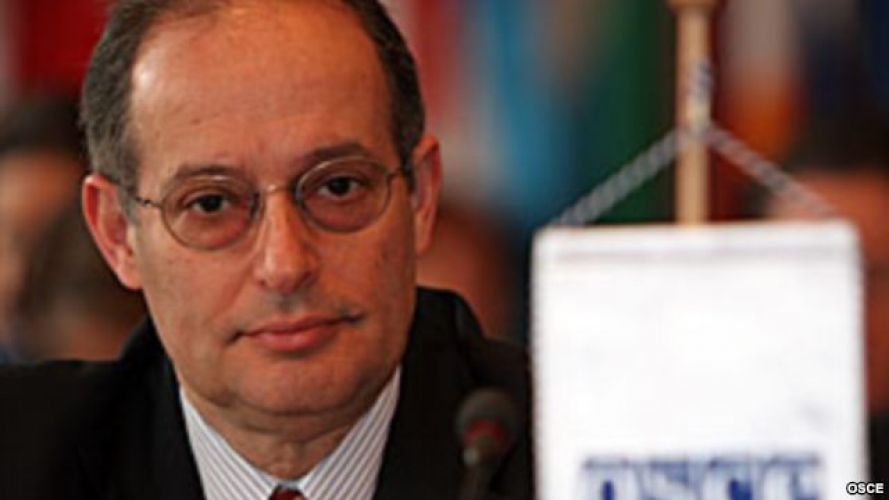During the presentation of his first report to the United Nations General Assembly this week in New York, Mr. Haraszti recalled that Belarus is the only country in Europe with no opposition in parliament.
“Elections in any country are the focal act of the expression of public will,” the independent expert said. “They are not simple administrative motions; they are the strongest link between universal human rights and national democracy.”
In his report, Mr. Haraszti reveals that both basic and election-specific human rights have been systematically and purposefully curtailed in every Presidential and Parliamentary election in Belarus since 1991.
“This has resulted in a legislature that lost all its power to the Administration, and functioned for the past fifteen years with the participation of pro-government formations only, whether political parties have or not boycotted the vote in protest at the violation of their rights,” he noted.
Citizens’ rights to contribute to the common good in elections have to be restored. The first steps must be to stop the curtailment of freedom of opinion and expression, association and peaceful assembly. The discriminatory regulations on party and candidate registration should be removed. Further improvements should include the way election commissions are formed; the transparency of the ballot count; enabling the appeal of the election results; and making sure that polling stations immediately publish the results upon vote.”
Also Mr. Haraszti welcomed the announcement by Belarus of its intention to amend the electoral code this year, but was concerned that those amendments have already passed the first reading in Parliament without being published, as prescribed by international standards, and even domestic law.
The Special Rapporteur reiterated his readiness to work with the Belarusian authorities in support of a meaningful improvement of the human rights situation in the country.
The full report could be found on the UN website .
***
The United Nations Human Rights Council established the mandate of Special Rapporteur on the situation of human rights in the Republic of Belarus in March 2012, for an initial period of one year. The decision to extend the Mandate of the Special Rapporteur on Belarus for another year was taken after the voting of the UN General Assembly in Geneva on 13 June.As a Special Rapporteur, Miklós Haraszti (Hungary) is independent of any government or organisation, and serves in his individual capacity. In the 1970s, Mr. Haraszti was a founder of Hungary’s human rights and free press movement, and in the 1990s he was a Member of the Hungarian Parliament. From 2004 to 2010, he served as the OSCE Representative on Freedom of the Media. Since 2010, he has been a professor at several universities teaching media democratisation.
Related articles
Third Belarusian Human Rights Forum held in Vilnius
UN expert calls to stop executions after recent court rulings
Belarusian lawyers and human rights defenders share experiences and knowledge in the field of human





